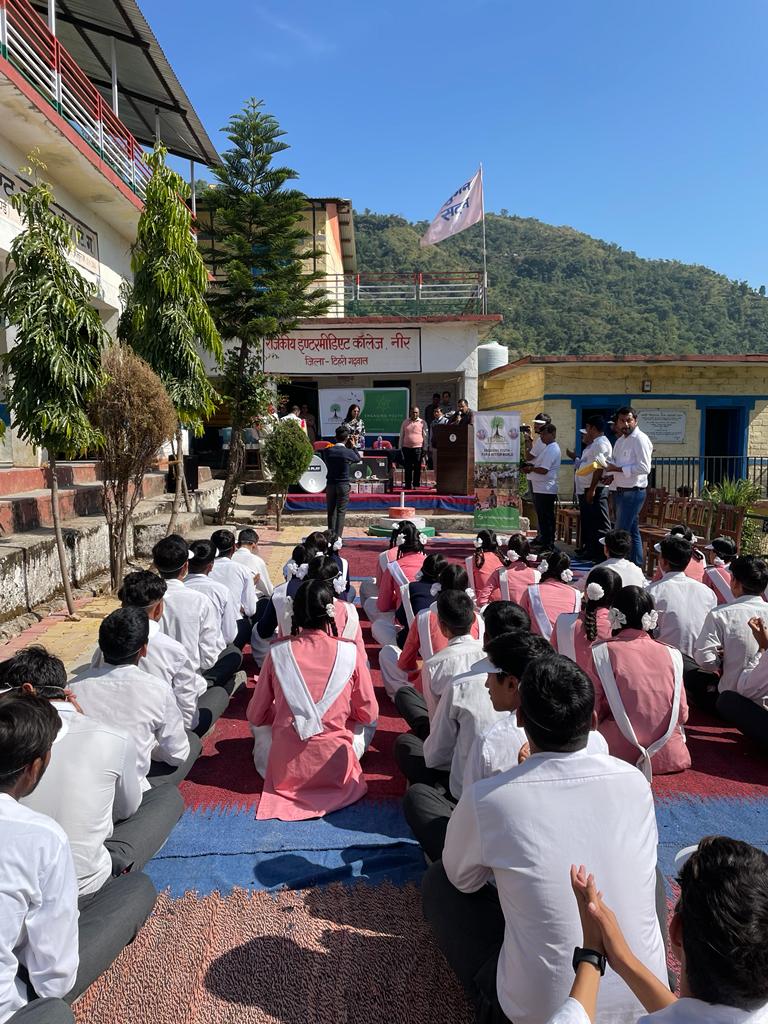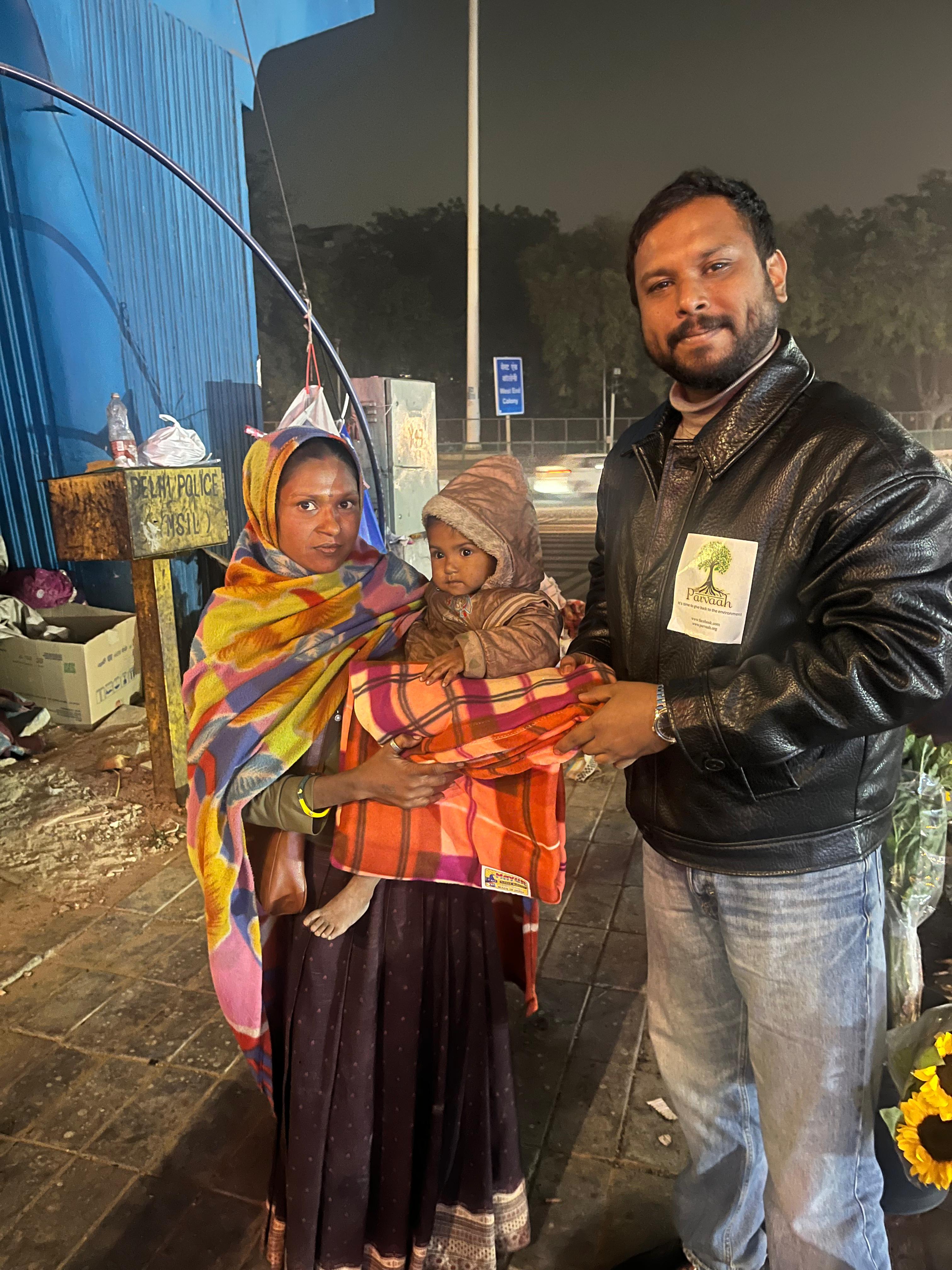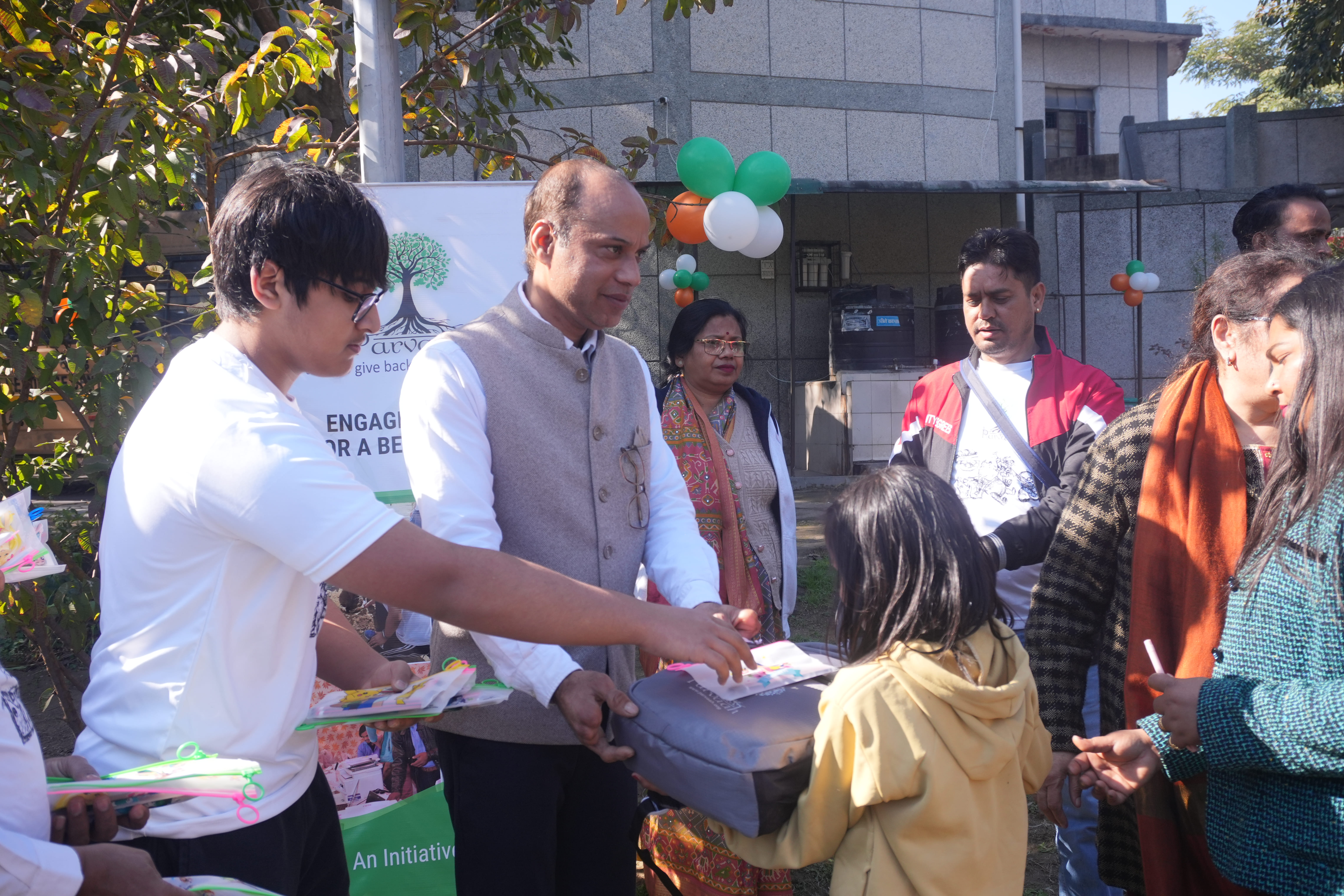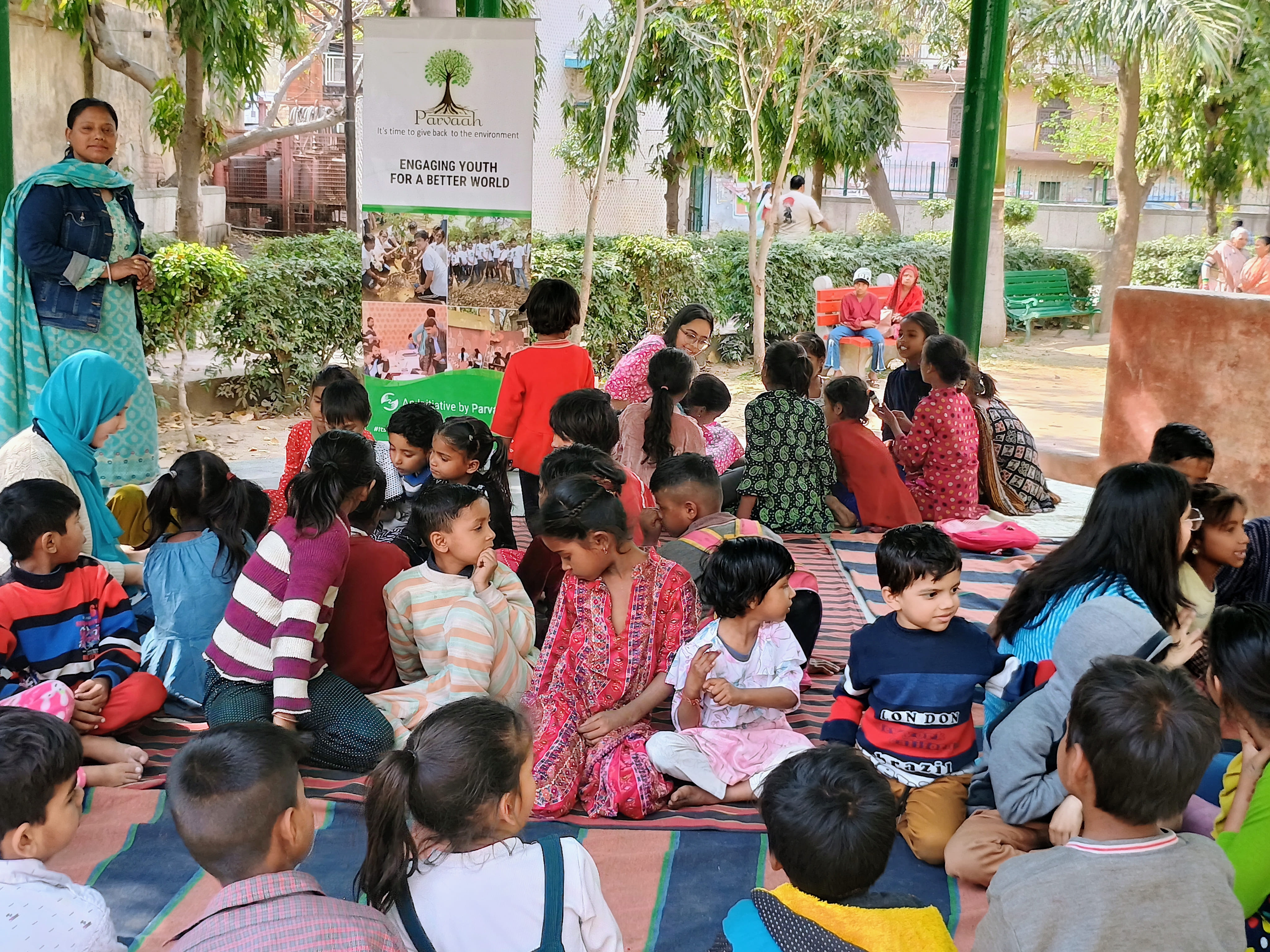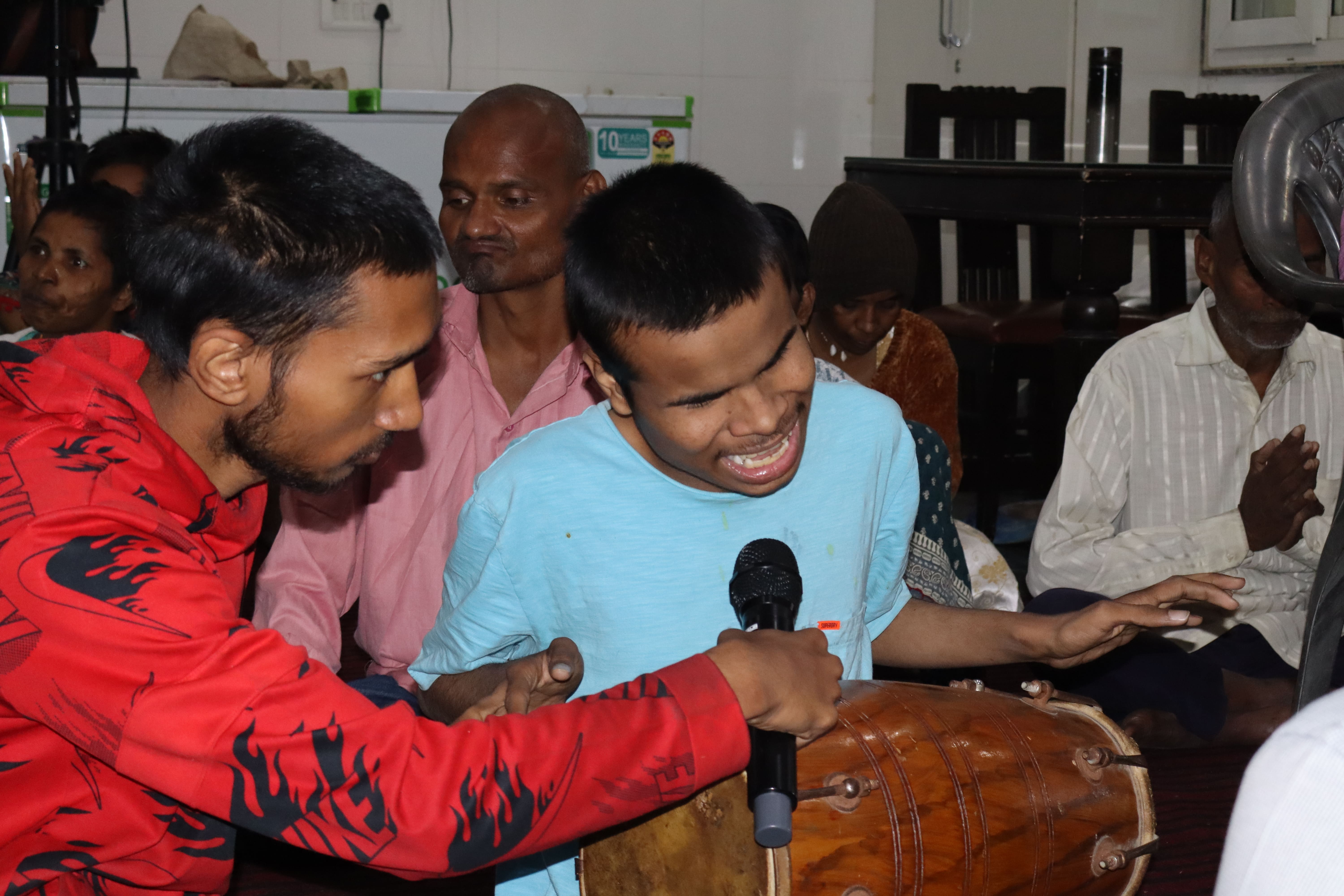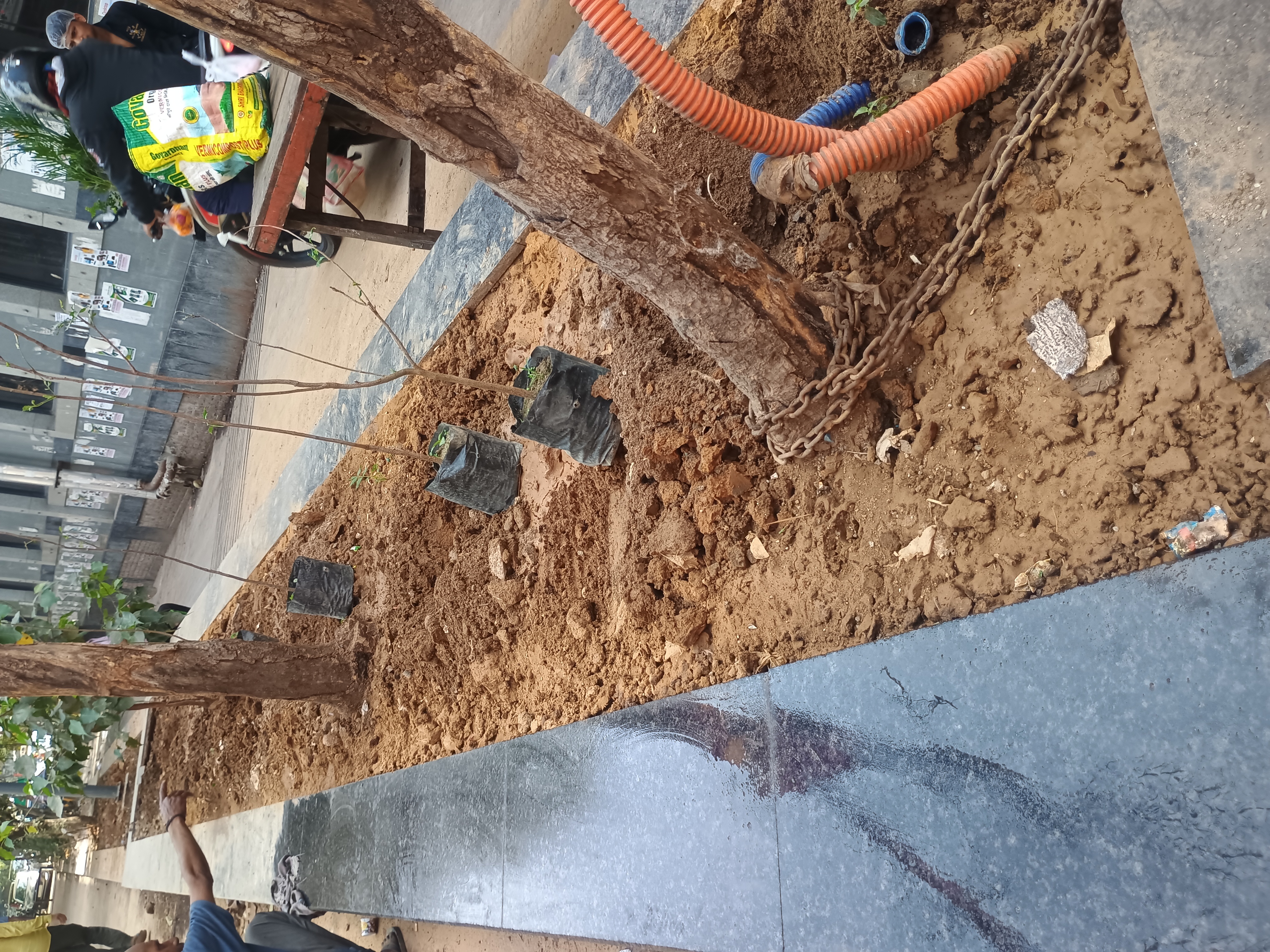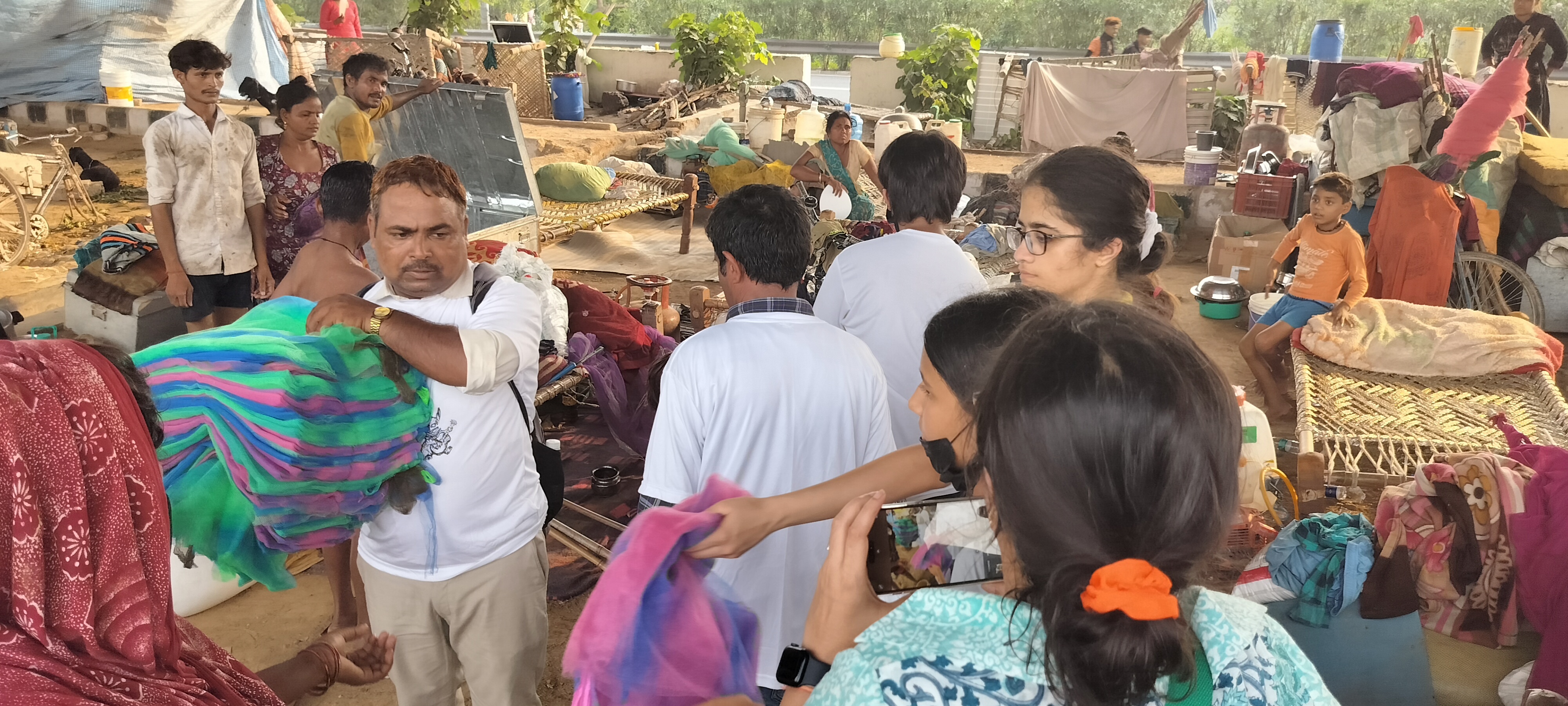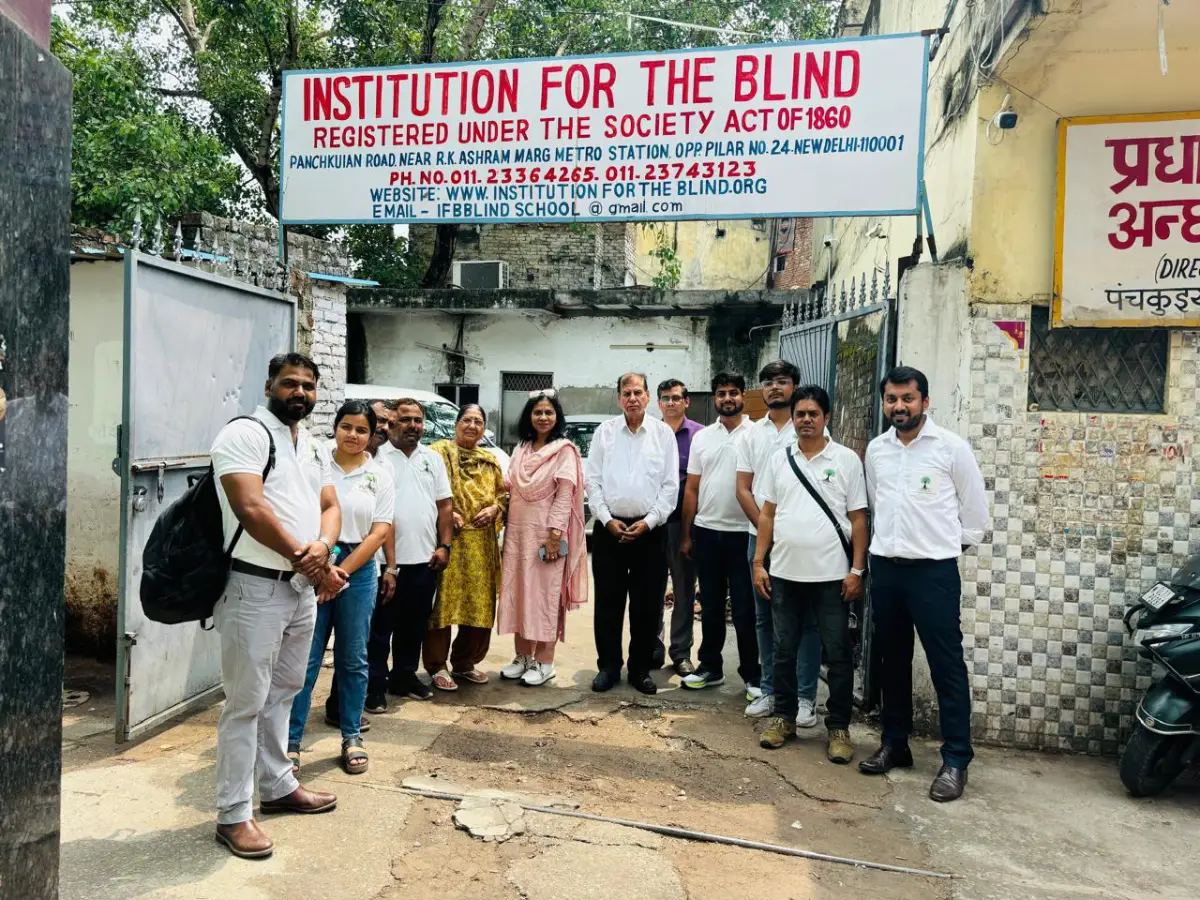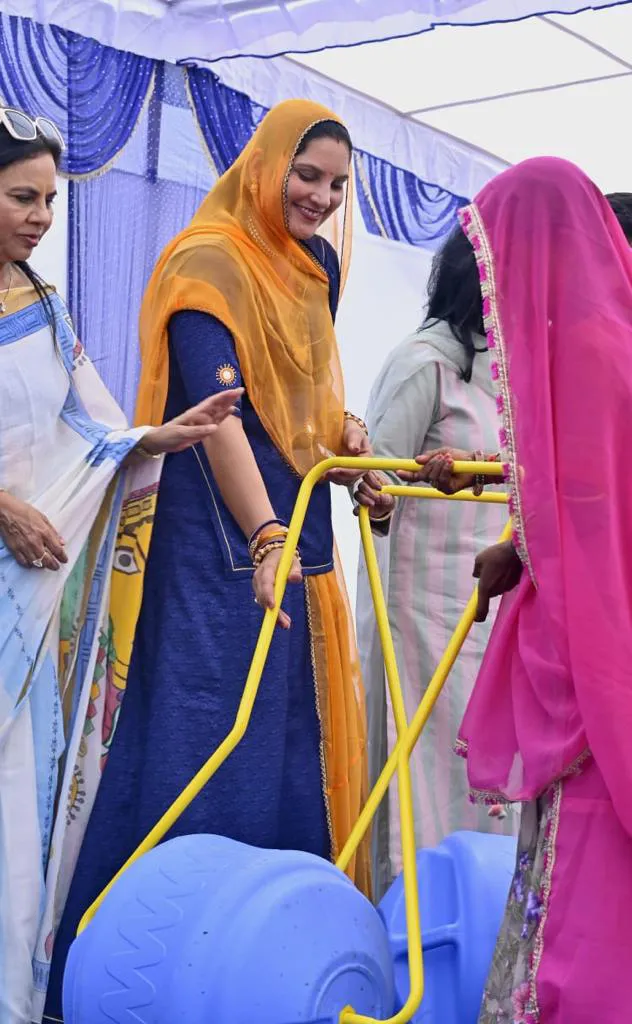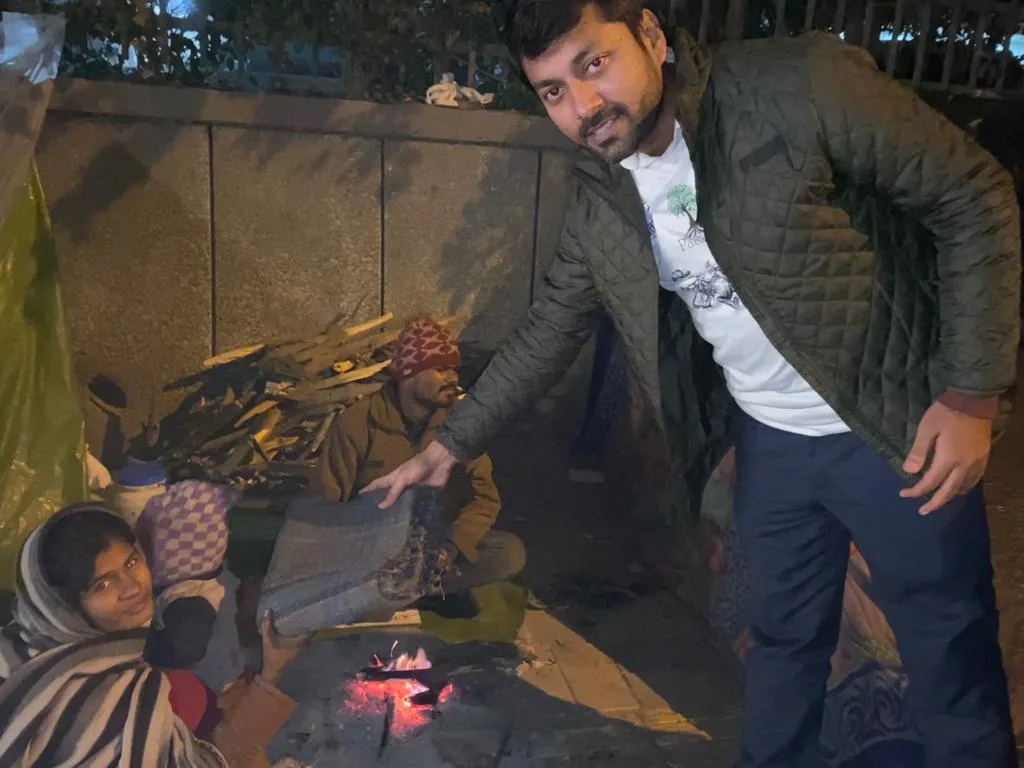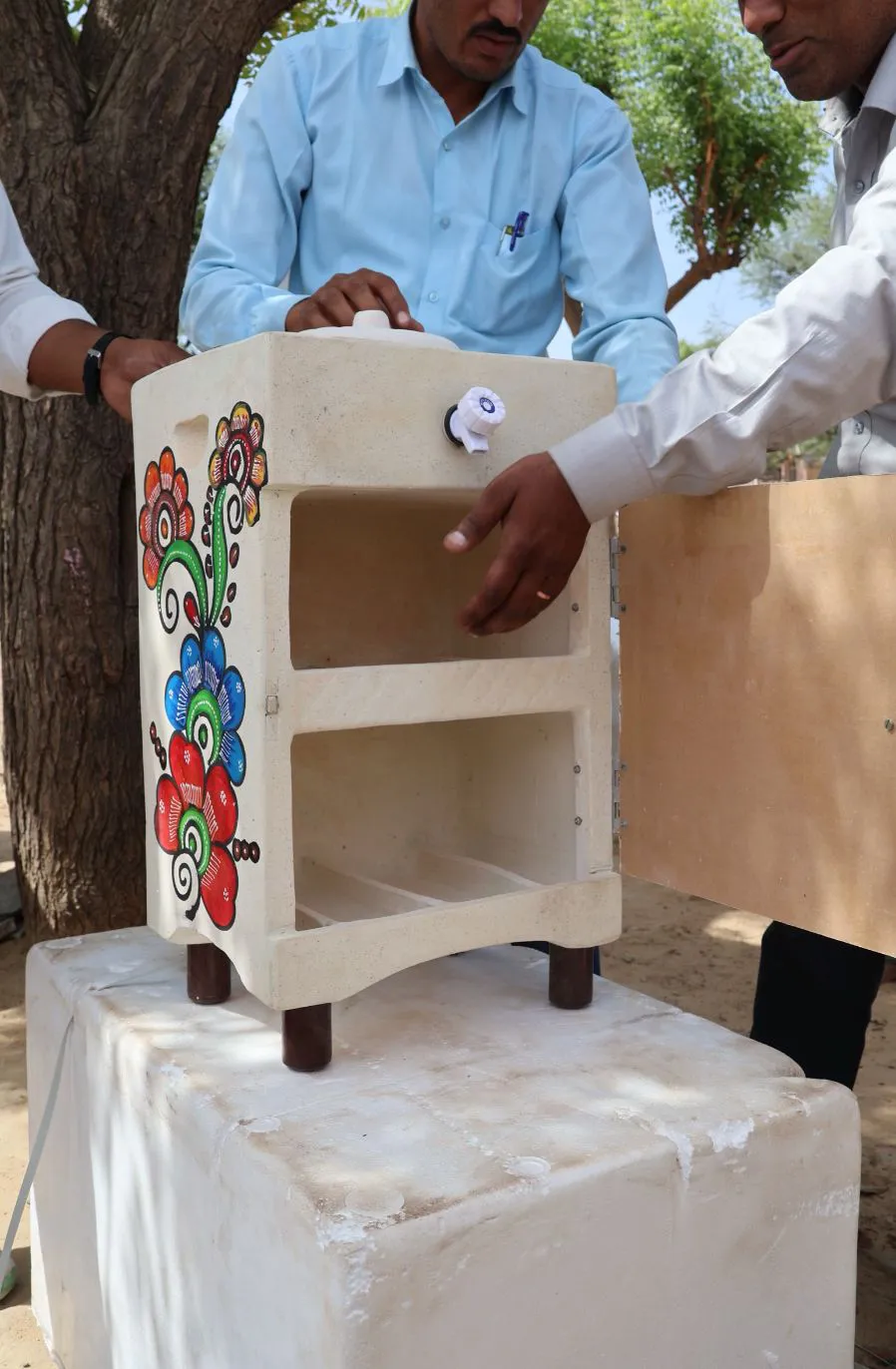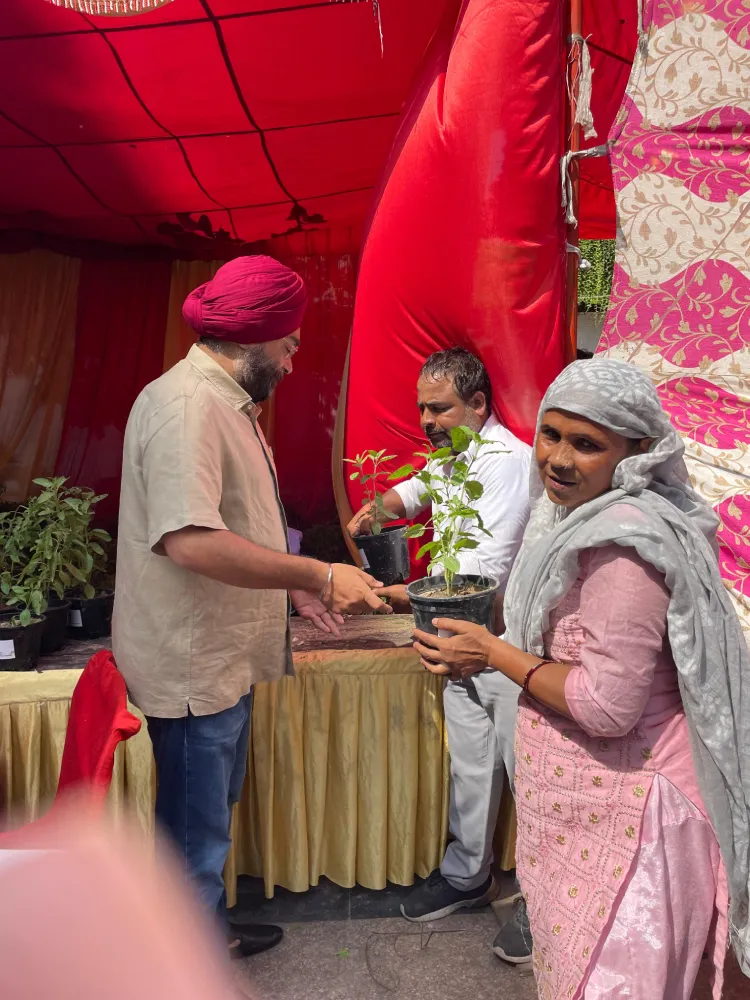Project Sahayata- Distribution Drive
Under Project Sahayata, Parvaah extended support to Rajya Intermediate College in Rishikesh, following a verified lead about the school’s poor infrastructure and lack of basic resources. Recognizing the urgent need, Parvaah conducted an Upliftment Drive, engaging with students through interactive activities and providing essential items such as ceiling fans, a DTH connection, an LCD TV for CCTV monitoring, stationery, mosquito nets, and ground staff support. This initiative reflects Parvaah’s continued commitment to strengthening rural education and creating equal opportunities for children in underserved communities.
Read More